Since this object(stated in title) can invoke overridden methods in child class, why it can't invoke other methods of child class? I need answer as detailed as possible like memory organization, internal logic in JVM etc.
below code will give you clear understanding of my question.
class A
{
int x=10;
public A()
{
System.out.println("Constructor of class A called!!!");
}
public void sayGreetings()
{
System.out.println("accept hye from class A");
}
}
class C extends A
{
int x=30;//why this is not accessed by stated object.
public C()
{
System.out.println("Constructor of Class C caled!!!");
}
public void sayGreetings()
{
System.out.println("accept hye from class C");
}
public void ssa()
{
System.out.println("Sat Sri Akal ji from class C");
}
}
public class ParentClassTypeObject
{
public static void main(String[] args)
{
C cObj=new C();
cObj.sayGreetings();
cObj.ssa();
A aCObj=new C();//this is let say stated object,main object
aCObj.sayGreetings();/*here we invoked method will be child class's
overriden method.*/
//aCObj.ssa(); //why this line gives error
System.out.println("x="+aCObj.x);
}
}

